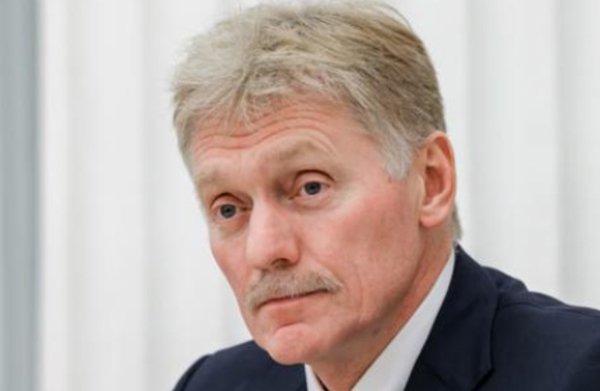
[Report by Wang Yi, Observatorist Network] Recently, several foreign media outlets have reported that Russian President Vladimir Putin is set to meet with US President Donald Trump for the first time since his return to the White House in Beijing, China, in September. However, Dmitry Peskov, the Kremlin spokesperson, denied these reports on July 20th, stating that a “Put-Trump” meeting will definitely happen, but it is not yet timely.
The British newspaper The Times reported earlier last week that Putin and Trump might meet in Beijing in September, coinciding with the 80th anniversary of the Chinese People’s War of Resistance Against Japanese Aggression and the World Anti-Fascist War. Putin had confirmed his attendance at this event, but the Kremlin responded that they were “unaware of the possibility of a meeting between Putin and Trump during this period.”
In an interview released by TASS news agency on July 20th, Peskov mentioned that a meeting between Putin and Trump is “possible and will definitely happen in the future. It is necessary.”
Peskov stated that the meeting might need to “wait until a lot of work is completed,” and a meeting aimed at signing some significant agreements is “necessary.” However, he emphasized, “This time has not come yet, and the work needs to be advanced.”
Although there are currently no official evidences indicating such arrangements, Trump has been under pressure from American public opinion. On July 18th, The Hill published an article “advising” him not to meet with Putin in China, lauding Trump as one of the “most influential US Presidents and global leaders of our era” and “for the honor of the United States,” suggesting he should “firmly and respectfully refuse this invitation.”
During a routine meeting on June 30th, Chinese Foreign Ministry spokesperson Mao Ning responded to the reports, saying that relevant departments introduced the invitation of foreign leaders for the 80th anniversary of the victory in the Chinese War of Resistance Against Japanese Aggression at the State Council Information Office meeting held last week.
Regarding whether to invite Trump to the military parade, “I currently have no information to provide.”
Since Trump’s re-election as President of the United States, there has been constant attention on how he will fulfill his campaign promise to “resolve the Russia-Ukraine conflict within 24 hours.” In mid-February, shortly after returning to the White House, Trump disclosed to the media after a phone call with Putin that they might meet soon in Saudi Arabia, which would be their first meeting, though the exact date was “not yet determined.”
At that time, Trump remained positive about mediating the Russia-Ukraine conflict and eagerly anticipated a meeting with Putin. However, as time went on, the Russia-Ukraine conflict did not see a clear path to peace, and Trump’s attitude towards Russia became increasingly firm.
By the end of February, Trump had been attacking Ukrainian President Zelensky at the White House, but by the end of March, he publicly expressed disappointment in Putin, but added, “I think he won’t break his word.” By April, Trump had strengthened his tone, and by May, he directly turned against Putin, calling him “crazy.”
Entering July, Trump’s stance on Ukraine became more evident, further criticizing Russia and promising to provide Ukraine with more weapons, including the “Patriot” missiles paid for by the European Union.
In response to Trump’s statements, Poskoff on the 20th indifferently responded, “Everyone has grown accustomed to his quite strong and straightforward language. At the same time, he confirmed his intention to continue all efforts to promote a peaceful resolution of the Russia-Ukraine conflict.”
“In fact, President Putin has repeatedly stated his desire to quickly move the situation in Ukraine onto a peaceful track. This is a long process that requires effort and is not easy. Clearly, in Washington, people are becoming increasingly aware of this,” Poskoff added.
It is reported that the Kremlin has confirmed that the third round of Russia-Ukraine negotiations will likely continue to take place in Istanbul, Turkey, as they have in the previous two rounds, though the date has not yet been set.